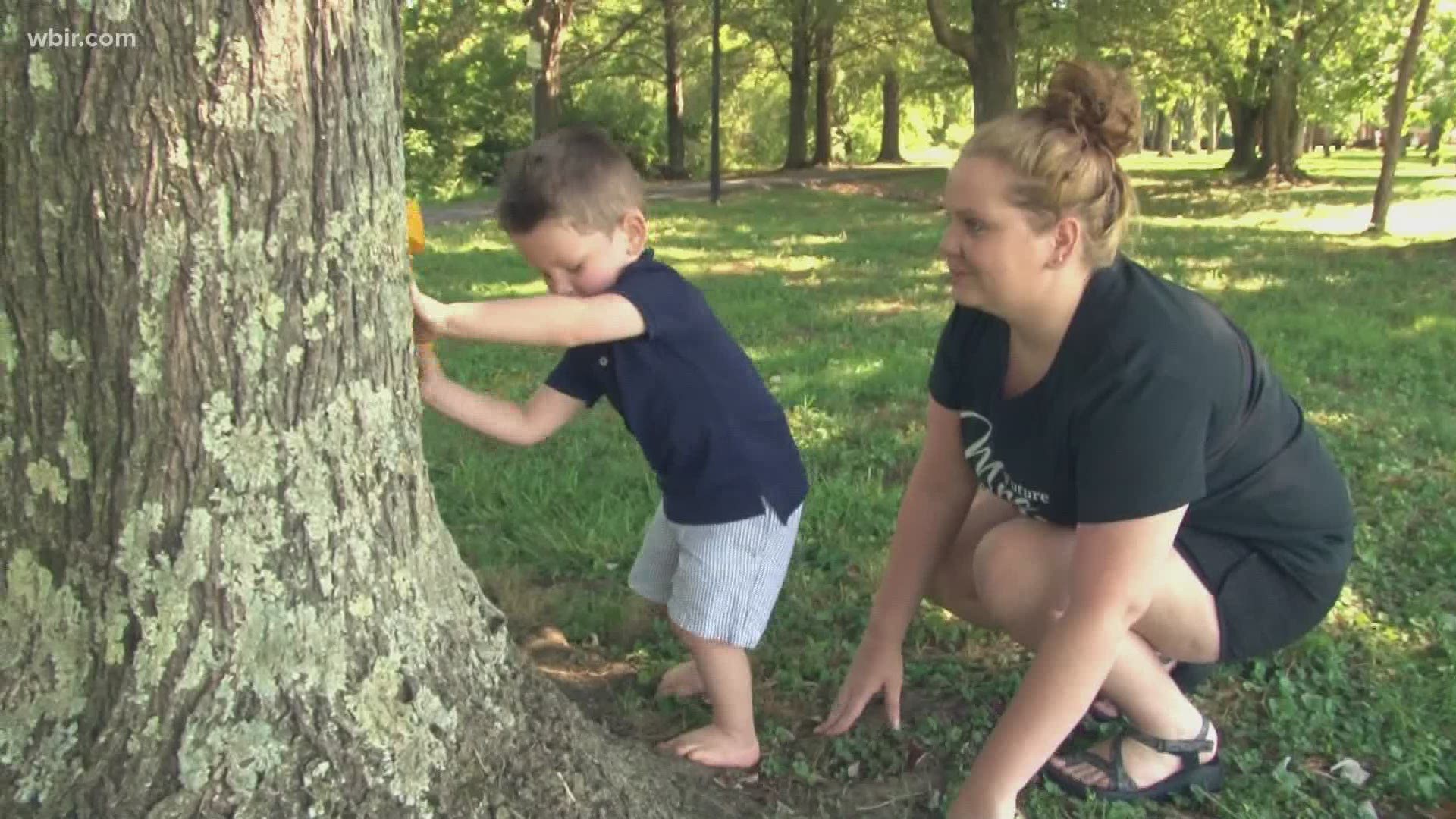MARYVILLE, Tenn. — At age three, Adrian Pittman is a ball of energy. But for first-time mom Ashley, it hasn't always been a walk in the park.
She started feeling sad and alone soon after giving birth.
"Being a new mom is supposed to be one of the highlights of your life and while it is, there's still loneliness," she said.
Pittman kept having mood swings for months after the baby blues were supposed to stop.
"You turn into this sad, quiet, alone person and it it just takes away all the things that make you you," she said.
Pittman had postpartum depression, but she says she feared asking her doctor for help. She worried she would be labeled as "crazy" or would have her son taken away.
"It affects one in five women so it's actually pretty common." Jodie Simms-Macleod, the head of the University of Tennessee Medical Center midwifery program, said. "It may be more common than that we think it’s something that’s actually under-reported and it can occur up to a year after having a baby."
Like Pittman, Simms-Macleod said some women may be scared to report it.
"We put a lot of pressure on ourselves as moms and have high expectations for ourselves so I think there's often a lot of shame and guilt associated with feelings of postpartum depression. Of course there’s nothing to be ashamed of at all," she said.
But she said it's normal. And help -- mindfulness, therapy or medications -- can make a huge difference.
It did for Ashley Pittman.
"It's relieving. It's like being able to breathe again," she said.
Now she wants to spread this message to other moms.
"It's okay to need help. Postpartum depression is normal and you can't control it."
Simms-Macleod said resources available include support groups like Postpartum Support International. Women should always feel comfortable talking with their doctor about postpartum depression.
In some cases--but not all--mothers may feel like they need to hurt themselves or others. If that's the case, contact 911 or the National Suicide Prevention Lifeline at 1-800-273-8355. Help is available 24 hours a day.

